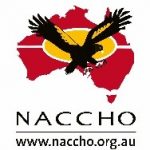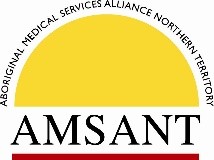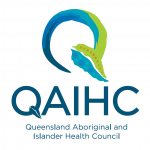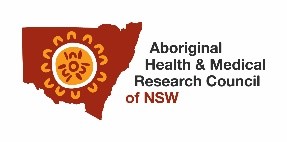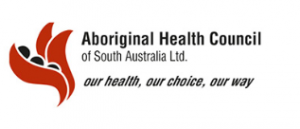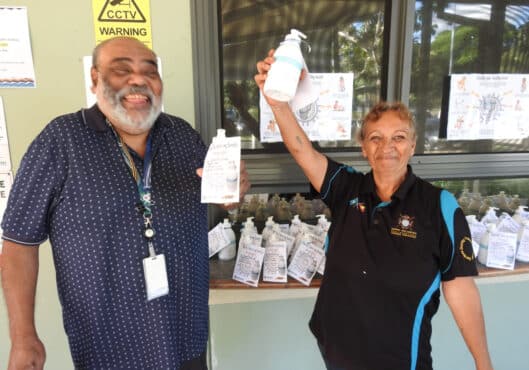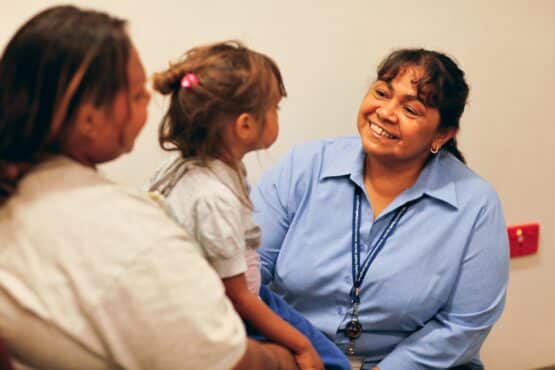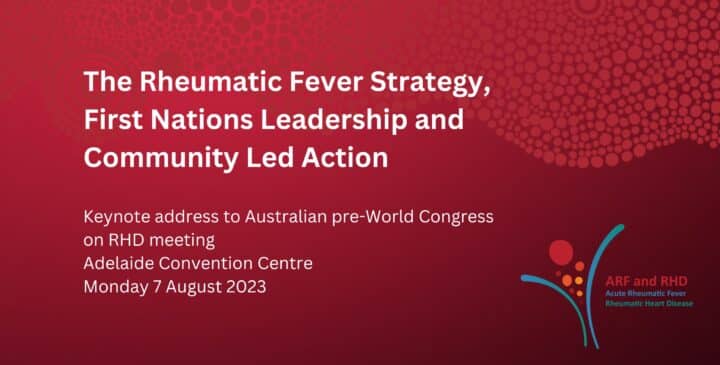

ATSI peak bodies welcome Federal Government funding for new Australian-led Strep A vaccine
Aboriginal and Torres Strait Islander peak bodies for the Aboriginal Community Controlled Health sector as leaders of END RHD advocacy alliance, warmly welcome Minister Wyatt’s announcement of $35 million of funding for the acceleration of an Australian-led Strep A vaccine.
The National Aboriginal Community Controlled Health Organisation (NACCHO), Aboriginal Medical Services Alliance Northern Territory (AMSANT), Aboriginal Health Council of South Australia (AHCSA), Queensland Aboriginal and Islander Health Council (QAIHC), Aboriginal Health Medical Research Council of New South Wales (AH&MRC), Aboriginal Health Council of Western Australia (AHCWA) are Founding Members of END RHD, leading a campaign calling for an end to rheumatic heart disease in Australia. We congratulate Telethon Kids Institute, one of our fellow END RHD founding members, on being awarded this vital funding, and look forward to further engagement with researchers, communities, and other stakeholders as the project progresses.
END RHD has been calling for investment in strategic research and technology – including the development of a vaccine – as part of a range of funding priorities needed to eliminate rheumatic heart disease (RHD) in Australia. This funding is an important step towards that goal.
Ms Pat Turner, CEO of NACCHO says:
“It is wonderful that the Commonwealth Government research funds have been directed to address this leading cause of inequality for young Aboriginal and Torres Strait Islander people in Australia. It is a turning point in progress towards a Strep A vaccine.
The Aboriginal Community Controlled Health sector welcomes this funding for the Strep A vaccine as one part of the work needed to end RHD. It does not distract us from the ultimate goal of addressing the social and environmental factors – such as inequality, overcrowding, inadequate housing infrastructure, insufficient hygiene infrastructure and limited access to appropriate health services – which drive the high rates of RHD in Australia.
“We hope that research funds will be mirrored by investment in frontline health services, such as ours, as part of a comprehensive strategy to end rheumatic heart disease in Australia” Ms Pat Turner says.
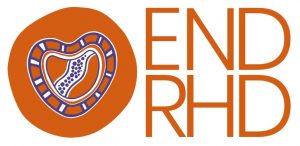 A vaccine has an important role to play in reducing the rates of rheumatic heart disease in years to come. We celebrate this announcement and recognise it is one important part of the comprehensive action needed to end RHD in Australia, and truly close the gap in health outcomes for Aboriginal and Torres Strait Islander Australians.
A vaccine has an important role to play in reducing the rates of rheumatic heart disease in years to come. We celebrate this announcement and recognise it is one important part of the comprehensive action needed to end RHD in Australia, and truly close the gap in health outcomes for Aboriginal and Torres Strait Islander Australians.
We invite you to join the movement to end rheumatic heart disease in Australia. You can pledge your support for the END RHD campaign at https://endrhd.org.au/take-action/
